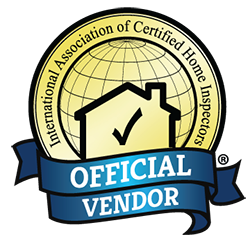As a landlord, you’re bound by state, local and even federal laws. Not following those rules could land you in a heap of trouble, so check out the following four common legal mistakes landlords sometimes make.
Disregarding your tenant’s right to privacy
Tenants have a right to privacy, so you can’t enter the rental unit without giving notice first unless it’s an emergency as defined by your state’s laws. Generally, landlords must give a tenant a written or verbal notice at least 24 hours before entering, but check your local laws to confirm the timing and delivery method you have to use.
Handling abandoned property incorrectly
Anything a tenant leaves behind in your unit is considered abandoned property, and you have to follow the state laws regarding property that has been left behind. While the exact rules vary by state, you usually must let the tenant know in writing how he or she can claim the property, the storage cost, where the property is and how long he or she has to claim it. After that, you should follow the local laws for disposing of the property if the tenant doesn’t claim it. You may be able to sell it at public auction if it’s worth more than a specific amount as set by local regulations, or you can keep or dispose of it if it’s under the state-set value for auction.
Inserting an illegal clause in the lease
Your rental leases must completely comply with all applicable laws. If you have just one clause in there that does not comply, you can be held liable in court and/or end up with a lease that’s completely null and void. Any condition that bars tenants based on gender and race are illegal, but so are clauses that make the tenant waive his or her right to take you to court or receive a refund of the security deposit. If you have any concerns about your lease terms, have the agreements reviewed by an experienced landlord-tenant attorney to be on the safe side.
Failing to provide a safe environment
You’re responsible for providing your tenants with a safe living environment. Perform periodic inspections to check for any possible items or areas that need to be repaired. Encourage your tenants to contact you any time there is a problem, and be responsive to their calls.
By complying with all the landlord-tenant laws in your area, you can stop trouble before it starts. Always stay on top of the regulations in your areas and any changes so you can adjust accordingly.











